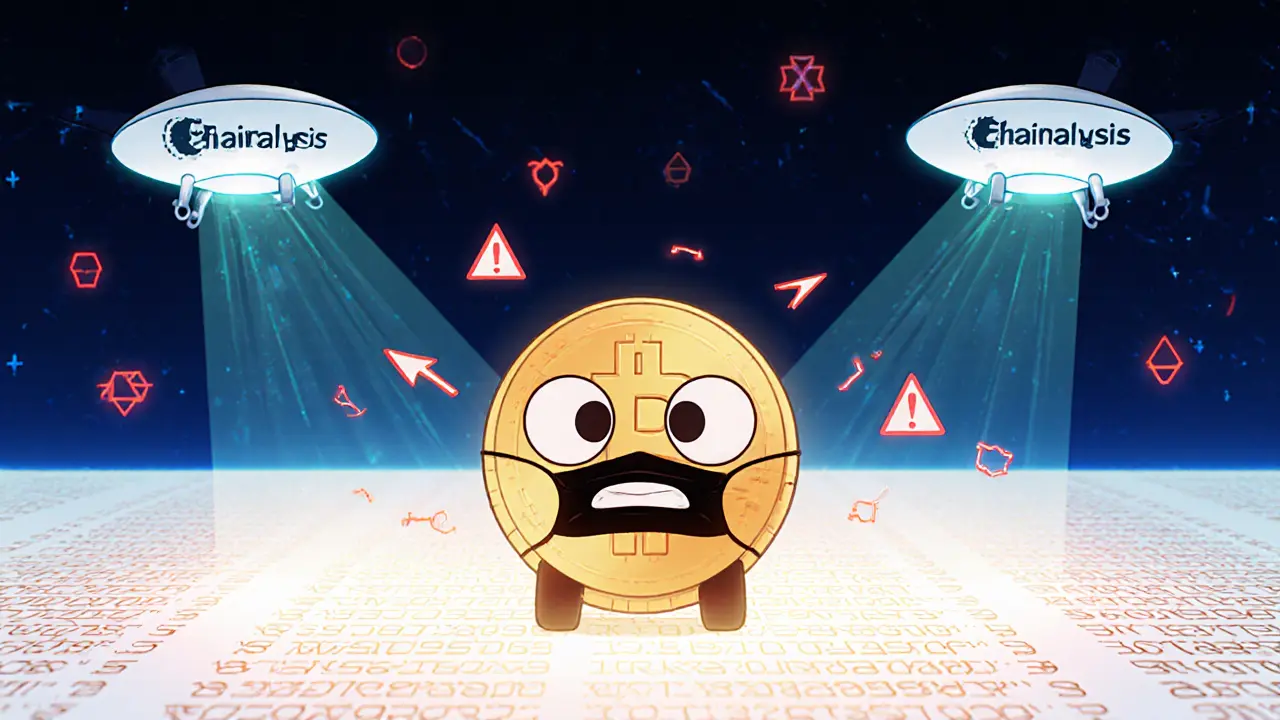Zcash: Privacy-Focused Crypto with Real-World Use Cases and Risks
When you think about Zcash, a cryptocurrency designed to make transactions completely private. Also known as ZEC, it was built to solve a problem most other coins ignore: if your Bitcoin transaction is public, so is your financial history. Unlike Bitcoin, where anyone can see how much you sent and to whom, Zcash lets you shield every detail—sender, receiver, amount—using advanced math called zero-knowledge proofs. This isn’t just theory; it’s been live since 2016 and still works today.
Zcash doesn’t just exist in a vacuum. It’s part of a bigger group called privacy coins, cryptocurrencies built to protect user anonymity, which includes Monero and Dash. But Zcash stands out because it gives users a choice: you can send transparent transactions like Bitcoin, or shielded ones that hide everything. That flexibility made it popular with traders who value privacy, but also drew scrutiny from regulators. Countries like Australia and the U.S. have moved to restrict or delist privacy coins on exchanges, and Kraken is one of them—blocking Zcash trading in certain regions. That’s why you’ll see posts here about exchange bans and compliance issues tied directly to Zcash’s design.
Behind the scenes, Zcash relies on zero-knowledge proofs, a cryptographic method that proves a statement is true without revealing the data behind it. Think of it like proving you’re over 21 without showing your ID. This tech is now being used in other areas like DeFi and enterprise blockchains, making Zcash more than just a coin—it’s a test case for how privacy can work on public ledgers. But here’s the catch: the same features that protect users also make it attractive for bad actors. That’s why some exchanges avoid it, and why you need to know the risks before holding ZEC.
What you’ll find in this collection aren’t hype pieces or vague predictions. These are real reviews, warnings, and breakdowns of platforms that either support or ban Zcash, scams that impersonate it, and deeper dives into how blockchain privacy actually holds up under pressure. Whether you’re curious about shielding transactions, wondering why Zcash got delisted on certain exchanges, or just trying to understand if privacy coins are worth the hassle—this is where the facts live.

